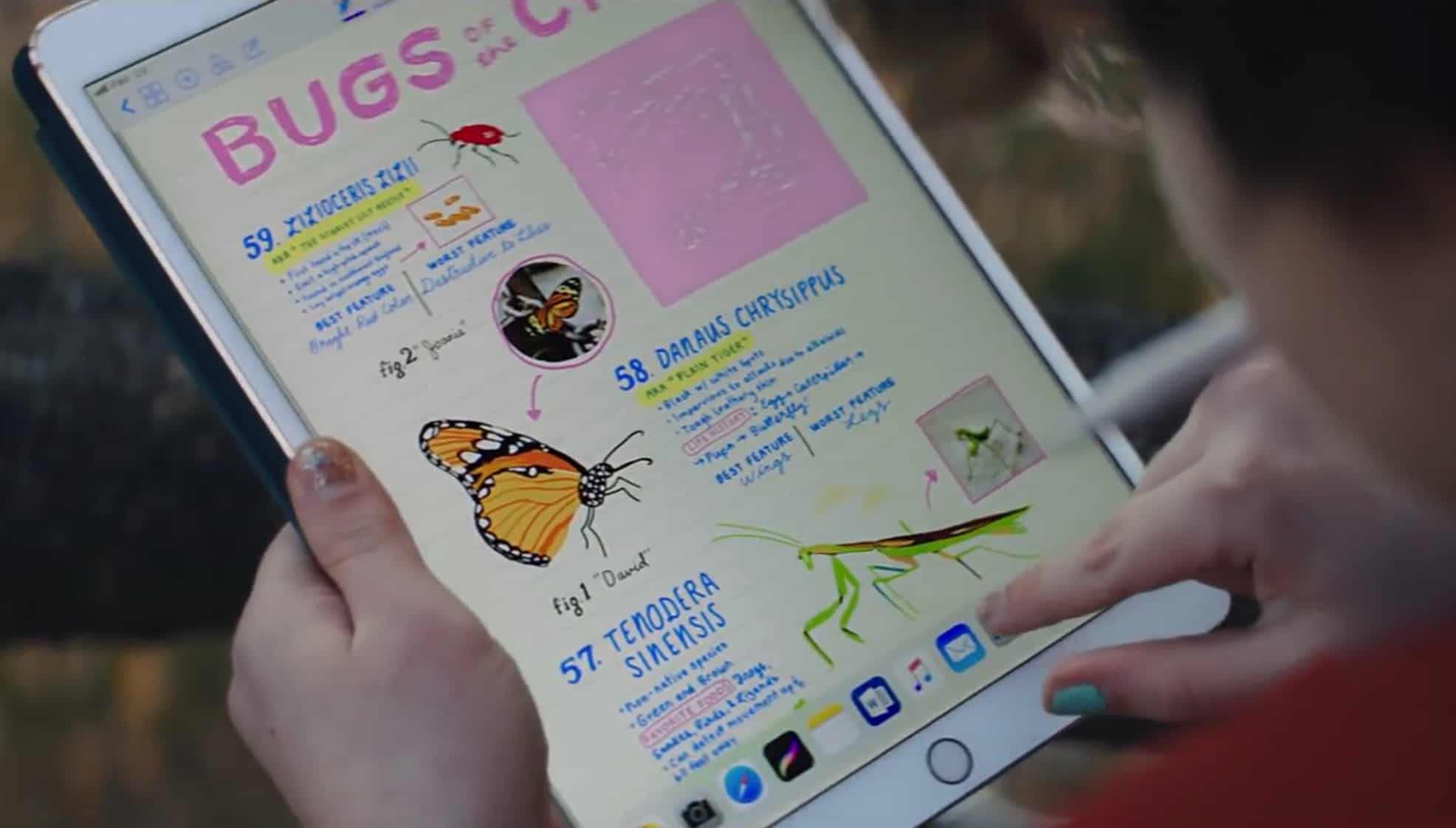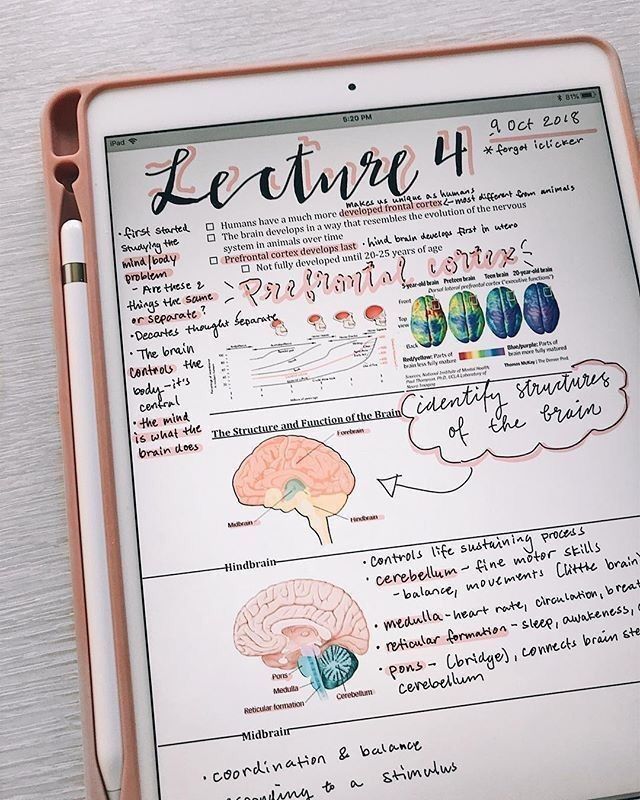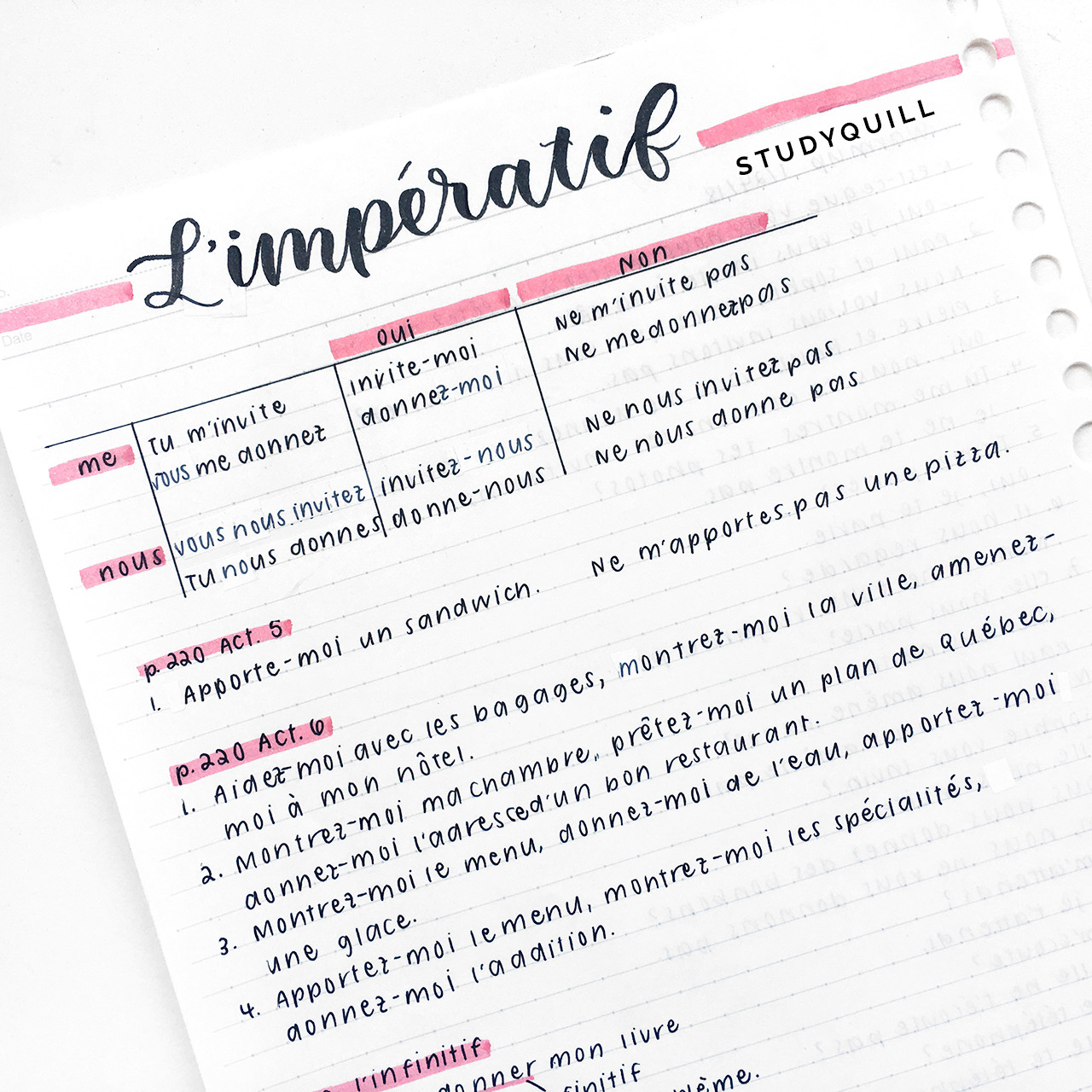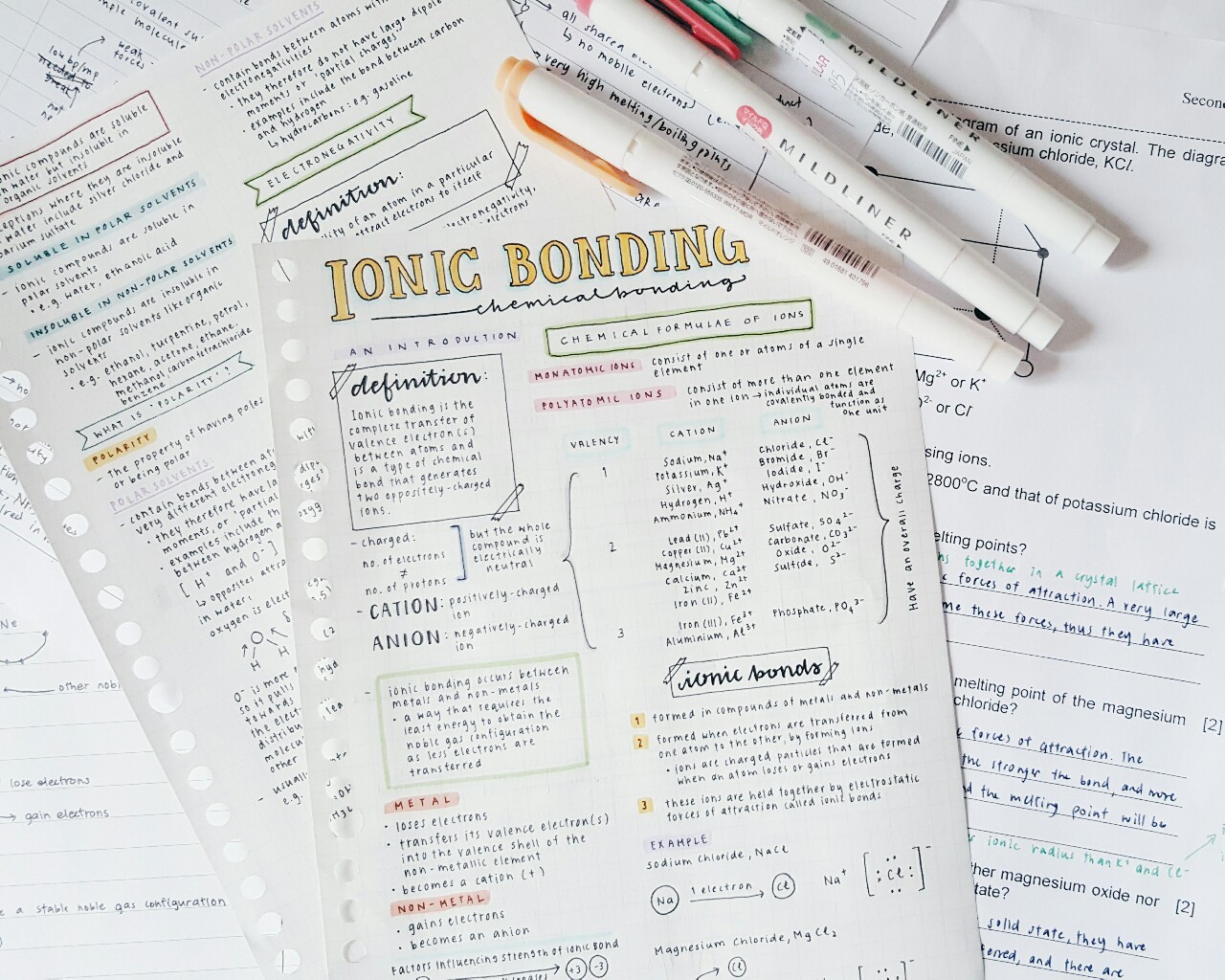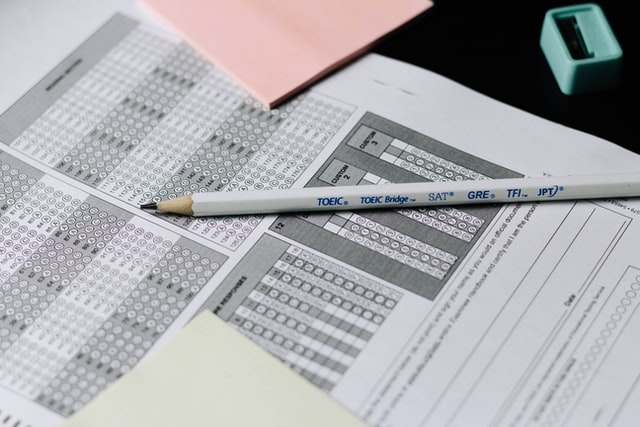
The Ultimate Guide On How To Prepare For An Exam
Got An Important Exam Coming Up But You’re Not Sure How To Prepare?
To prepare for an exam one should start well in advance by making a rough study schedule. Then they should make a detailed assessment action plan for each exam with study tasks ordered in importance based on depth of understanding. Next one should start studying using active recall methods, starting with the topics of the lowest confidence and working backwards from there. Then they should start working through past papers under exam conditions to highlight areas that need further attention. Additionally, within these study chunks, a student should be taking regular breaks to reduce stress, remember to hydrate and also snack on healthy food.
1. Start Well In Advance
I know you have heard this advice before. Don’t start studying for an exam the night before an exam! (if you have to, you have to but it’s not ideal).
To avoid leaving everything to the last minute, I suggest that you create some kind of revision/study timetable to help you manage your time. Make a list of every exam you have to sit, when it will be and an estimate of how much you need to study for each of them. You can then organise your studying accordingly.
I personally like to use the exam preparation tracker template in my digital student planner to help me get a better picture of how much I need to study for certain subjects to fully prepare myself for an exam. I list every single topic that is going to appear in an exam and then rate my confidence level. Then I start planning my study sessions from least confident area to most confident. In this way I am able to start studying well in advance because I have a clear picture of everything I need to achieve before the exam date!
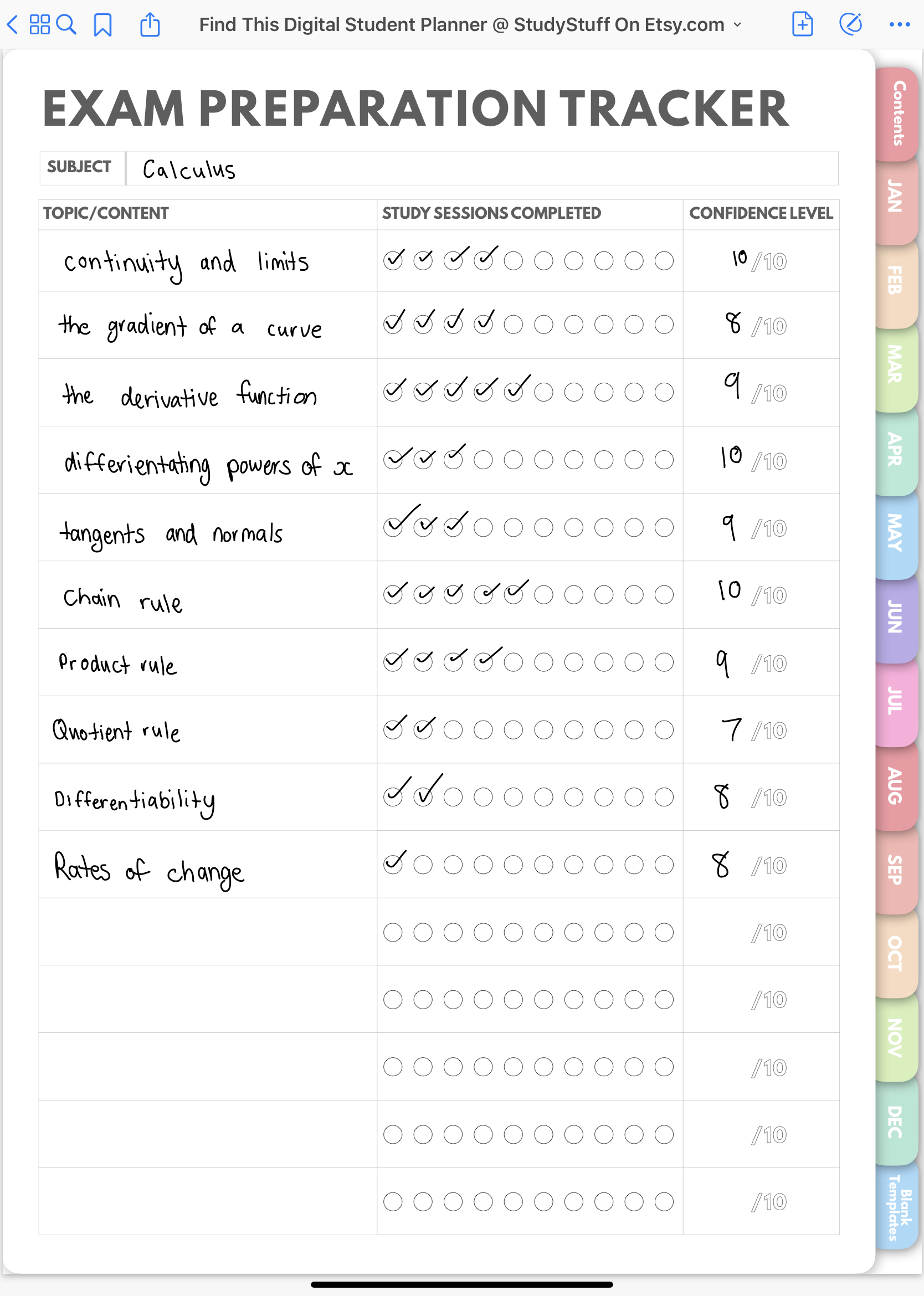
You might also be interested in reading my article on how to make a super effective revision timetable!
2. Make An Assessment Action Plan
After getting a good picture of everything I need to study I make an assessment action plan so I have more confidence moving forward in studying. In my assessment action plan I make an unordered list of everything I need to achieve before exam day. I usually do this as a brain dump activity meaning I write down everything that comes to mind in a list. Then I go in and rate everything out of 5 for importance. One is for not important tasks and five is for the most important tasks. I then re-order the list in importance order. For each ‘item’ on the list I assign a date next to it. This prevents me from procrastinating and gives myself an even clearer plan of what I need to study each day in the lead up for an assessment.
I usually like to do this on my assessment action plan template in my digital student planner. However you can always just do it on a separate piece of paper.
There is also an assessment action plan template in my digital student time management planner as well as my printable student time management planner!
3. Prioritise Studying Topics Of Least Confidence
As I briefly mentioned above, you should prioritise studying the topics you are least confident in first and then work backwards to the ones you are most confident in. This is the most productive way of preparing for an exam!
Unfortunately, many students fall into the trap of studying what they already know as it gives the highest reward factor. For example, you might spend hours of practising a certain maths problem that you are already good at. You are getting every single question correct. You think you have spent so much time preparing for that exam and that you are going to ace the exam. But you haven’t tackled the real problem. You haven’t spent any time practising the maths problems in the area you are not as confident in. You definitely don’t want to be like that student!
To avoid falling into the trap of studying what you already know I suggest that you use the exam preparation tracker that is screen-shoted above. It’s template makes it super easy for you to rate your confidence levels in study areas and study what is most important before an exam!
4. Clean Your Study Space Quickly

This is not a point of procrastination! Cleaning your study space is a necessity to help you maintain focus and motivation while studying. It should not take more than 5 minutes.
When you are cleaning your study space to prepare for your exam make sure you remove these distractions:
- Your phone
- Open tabs on your laptop/computer
- Irrelevant textbooks, notebooks, booklets and other study material
- Video games
- Messy food and drinks
- Other people in the room (unless you are doing group work)
Also make sure that:
- You have all the necessary study material with you
- You have enough light
- Your chair is comfortable
- Your laptop/iPad has enough charge
- You have access to water to keep yourself hydrated
- You have a timer if you are using the Pomodoro study technique
5. Review Notes/Other Study Materials Using Active Recall Methods
The most effective study methods involve active learning over passive learning methods.
Specifically, active recall is a process of remembering information that is efficient in moving information from short-term to long-term memory. This means you can easily draw on information for an assessment or exam.
These are some great active recall study methods:
- Flashcards With The Leitner Method
- Create Mind-Maps From Memory
- Do Past Papers Under Exam Conditions
- Create Quizzes
- ‘Brain Dump’ Method Where You Write Down Everything You Remember Onto A Separate Piece Of Paper After Reading A Page Of A Textbook
You might also be interested in reading my article on the 5 best note taking strategies here!
6. Do Every Single Past Paper You Can Under Exam Conditions

Doing past papers is ultimately the best way to prepare for an exam. It allows you to get used to the format of the questions and also practise your exam time management.
When you do your past papers make sure you do them under exam conditions. This means timed and without supporting materials e.g. an open textbook or google. Doing a past paper like this will give you a better picture of how you would do in the real exam and also highlight areas you need to study further.
Once you have completed the exam, mark it and then go over the questions you got wrong. If you have time, give yourself a break from the exam and go through the solutions a few hours or a day later. This will allow you to have a fresh perspective on it and realise your mistakes more clearly.
If you run out of past exams to do, make your own mini quizzes with all the most difficult questions from textbook reviews and online. Just make sure that all of those questions are relevant to the syllabus dot points for your upcoming exam.
7. Ask For Extra Help If You Need It
I know that a lot of people can have trouble asking for help when it comes to exam preparation. You might feel stupid that you can’t get a concept that your friends understand or you might just be scared to ask for another explanation or help. However difficult it might be to ask for extra help, you really should as it will only be beneficial to your studies. It’s really good that you were able to identify your weaknesses and there is no reason why you shouldn’t work on them.
If you don’t want to ask your teacher for help, you could ask friends who take the same subjects as you or someone in the year above who has done the same course and is willing to help. And if there is no one to help you, you should turn to video explanations on YouTube or other written explanations online. A new perspective and different teaching method can be really beneficial.
8. Take Regular Breaks
While the study grind is all good while preparing for an exam, doing too much work will only make you more stressed about it all. It is super important to lead a balanced lifestyle and take regular breaks from your studying.
Study Break Ideas:
- Hang Out With Friends
- Watch A Movie
- Paint or Draw
- Watch YouTube
- Do Some Exercise
- Walk Your Dog
- Play Video Games
- During your study breaks remember to snack on brain food and stay hydrated!
Study breaks help you take a step back from everything that you just learned, reflect on and consolidate your knowledge.
9. Prepare For Exam Day
The night before your exam make sure you have everything you need ready to go for the next day. This might be your pencil case, certain stationery, a calculator or a drink bottle. Double check all the rules and requirements of the exam and also plan your route and journey time so you arrive on time!
Before You Go!
Check Out The Digital Student Planner Mentioned In This Article…
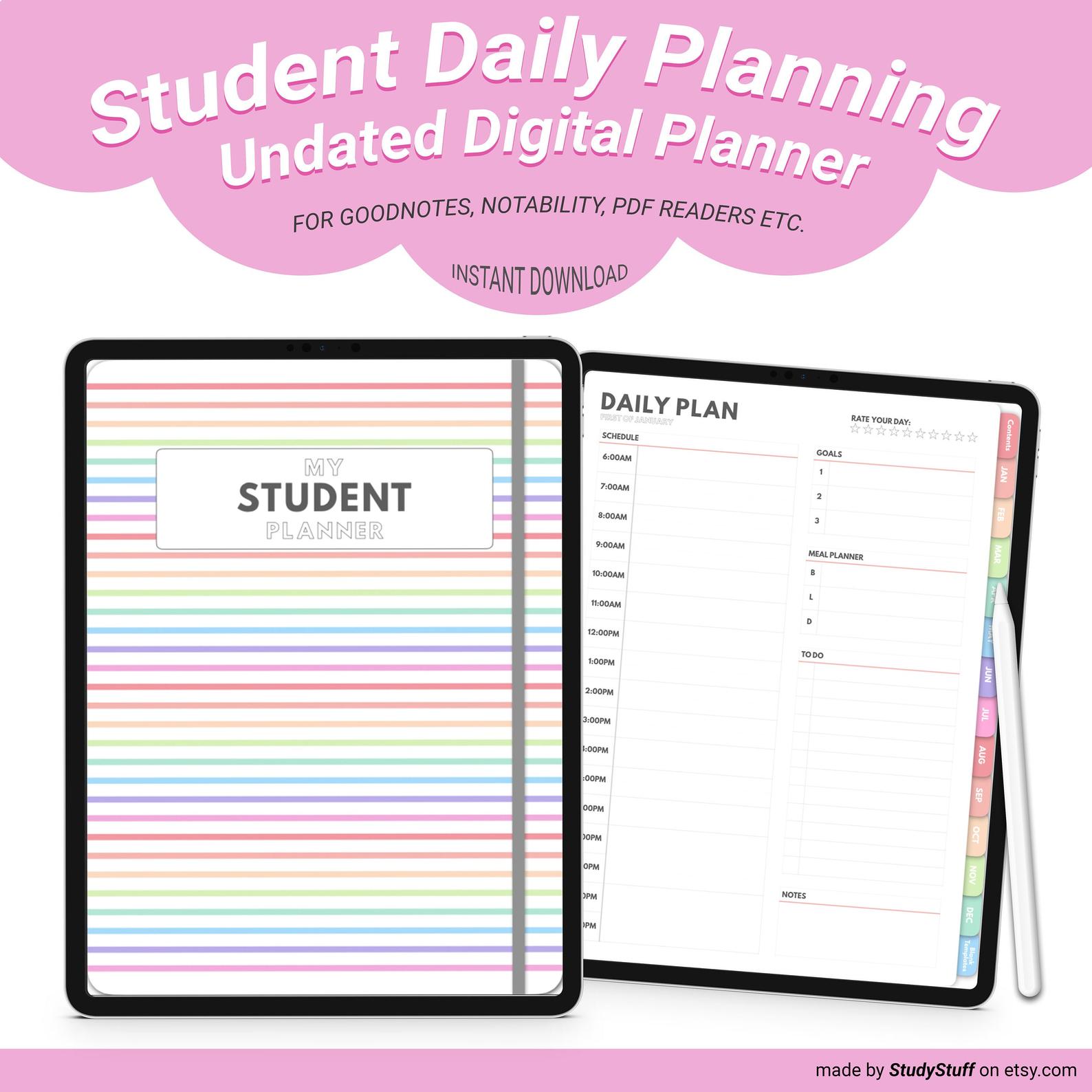
Further Reading
Looking For A Tapestry For Your Dorm Room But Have No Idea What Size To Get? Dorm rooms are on average …
If you take notes using your iPad, you need to know these 12 iPad note taking tips! They will make …
Yes, an iPad is worth it for note taking, especially if you are going to make the most out of …
Going shopping for your dorm room but you are not sure what essentials to buy? Essentials for a dorm room include …
There are many different note taking methods that can work well for language learning. To take effective notes for language …
To take pretty notes you need to firstly choose a consistent colour scheme. Next you should draw an eye catching …


